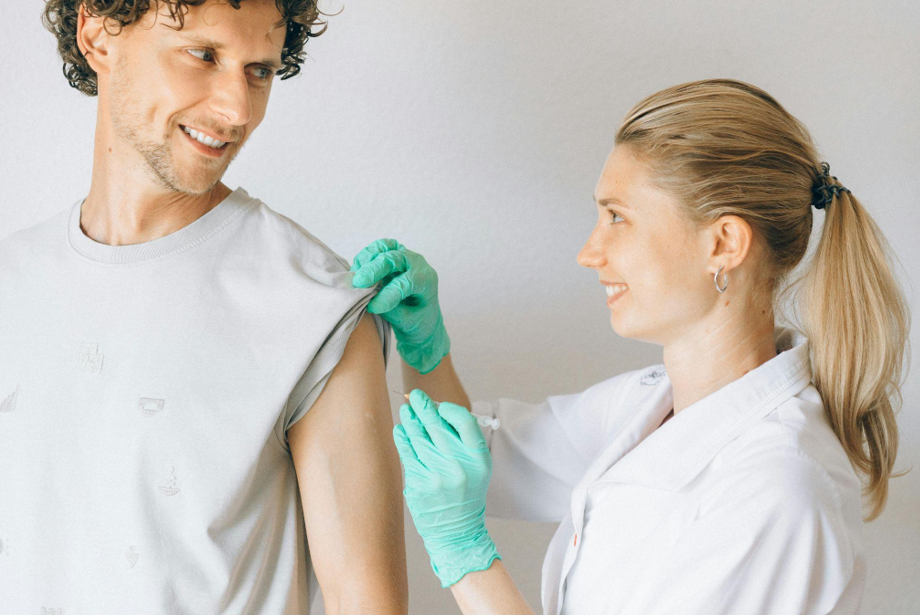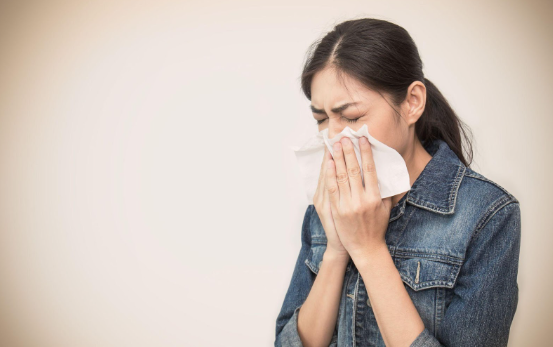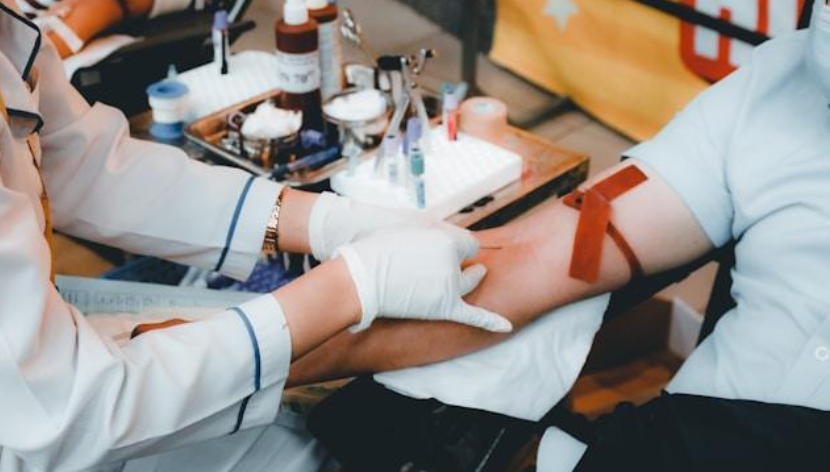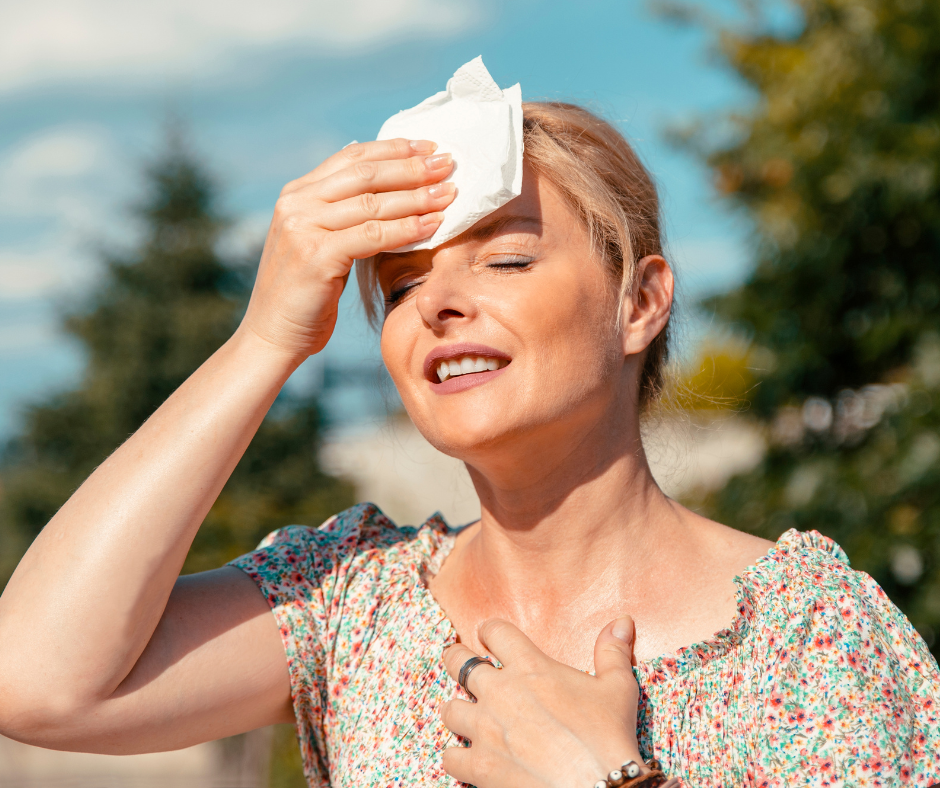Primary Care for Skin Issues in the Summer
Primary Care for Skin Issues in the Summer
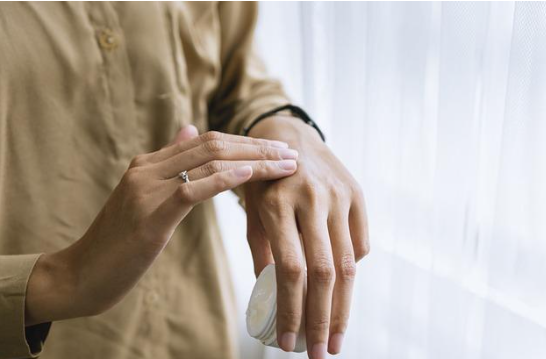
Summer is a time to enjoy the outdoors, sunshine, and fun. However, along with the joys of longer days and warmer weather, this season also brings many skin-related challenges. From pesky bug bites to painful sunburns, our skin faces a range of potential ailments during the summer months.
Continue reading to learn about some common skin issues you might encounter and tips on preventing and treating them.
Sunburn
Sunburn is a common yet major issue during the summer. Exposure to the sun's harmful UV rays without adequate protection can lead to red, painful skin that may blister and peel.
Prevention and Treatment
Here are some tips to prevent sunburn:
- Sunscreen: Use a sunscreen that has an SPF of at least 30, and reapply every two hours or after swimming or sweating.
- Seek Shade: Limit direct sun exposure during peak hours from 10 a.m. to 4 p.m.
- Protective Clothing: Wear wide-brimmed hats, sunglasses, and lightweight, long-sleeved shirts and pants.
- Aloe Vera: If you do get sunburned, apply aloe vera gel to soothe and moisturize the skin. Over-the-counter pain relievers like ibuprofen can also help reduce inflammation and discomfort.
Insect Bites and Stings
Mosquitoes, bees, wasps, and other insects are more active in the summer, increasing the risk of bites and stings.
Prevention and Treatment
Prevent insect bites and stings in the following ways:
- Insect Repellent: Use insect repellent containing DEET or picaridin to deter bugs.
- Protective Clothing: Wear long sleeves, pants, and closed-toe shoes in areas with high insect activity.
- After-Bite Care: For minor insect bites and stings, clean the area with soap and water, apply a cold compress to reduce swelling, and use over-the-counter antihistamine creams or oral antihistamines to relieve itching and inflammation.
When to See a Doctor
While you can treat most bug bites at home with over-the-counter remedies, there are instances where medical attention is needed. Below are guidelines on when to consult a doctor for these specific conditions:
- Severe Allergic Reactions (Anaphylaxis): If you experience symptoms such as difficulty breathing, swelling of the face, lips, or throat, rapid heartbeat, dizziness, or a drop in blood pressure after a bug bite or sting, seek emergency medical care immediately.
- Signs of Infection: If the bug bite becomes increasingly swollen, red, warm to the touch, or oozes pus, it may be infected. Other signs of infection include fever, chills, and swollen lymph nodes. In such cases, consult a healthcare provider for appropriate treatment, which may include antibiotics.
- Tick Bites: If you've been bitten by a tick and develop symptoms such as a bullseye rash (indicative of Lyme disease), fever, fatigue, muscle aches, or joint pain, see a doctor promptly for evaluation and possible treatment with antibiotics.
- Persistent Symptoms: If symptoms such as itching, redness, and swelling persist or worsen despite home treatment, it's advisable to see a doctor for evaluation and further management.
Poison Ivy, Poison Oak, and Poison Sumac
Exposure to these plants can cause an allergic reaction, resulting in an itchy, red rash with bumps or blisters.
Prevention and Treatment
Here are some tips to prevent allergic reactions to these plants:
- Identification and Avoidance: Learn to identify and avoid contact with poison ivy, poison oak, and poison sumac.
- Protective Clothing: Wear long sleeves, pants, and gloves when working or hiking in areas where these plants may be present.
- Immediate Care: If you come into contact with these plants, wash the affected area with soap and water immediately to remove the plant's oils and reduce the risk of a reaction.
- Topical Treatments: Over-the-counter hydrocortisone creams, calamine lotion, and antihistamine creams can help relieve itching and inflammation. For more severe reactions, consult a healthcare provider for prescription-strength treatments.
When to See Doctor for Poison Ivy, Poison Oak, and Poison Sumac
Make sure to seek professional help if you have:
- Severe Reactions: If you experience a severe allergic reaction, such as extensive blistering, swelling, or difficulty breathing, seek medical attention immediately.
- Facial or Genital Exposure: If the rash occurs on the face, especially around the eyes, mouth, or genitals, it may require medical evaluation and treatment to prevent complications and reduce the risk of severe swelling and discomfort.
- Widespread or Persistent Rash: If the rash covers a large area of your body or does not improve with over-the-counter treatments within a few weeks, consult a healthcare provider for appropriate diagnosis and management.
- Signs of Infection: As with bug bites, if the rash from poison ivy, oak, or sumac becomes infected (signs include increased redness, swelling, warmth, pus, and fever), seek medical attention for evaluation and treatment, which may include antibiotics.
Chafing
Friction from clothing, sweaty skin, and physical activity can cause chafing, which can result in red, raw, and painful skin.
Prevention and Treatment
Here is how you can prevent chafing:
- Stay Dry: Keep skin clean and dry to reduce friction. Use moisture-wicking fabrics if engaging in physical activity.
- Anti-Chafing Products: To create a protective barrier, apply petroleum jelly, body glide, or talcum powder to areas prone to chafing.
- Loose-Fitting Clothing: Wear loose, breathable clothing to minimize friction and irritation.
Scrapes, Cuts, and Bruises
Outdoor activities and sports can increase the risk of minor injuries like scrapes, cuts, and bruises.
Prevention and Treatment
Here are the ways to prevent scrapes, cuts, and bruises:
- Protective Gear: When participating in sports and recreational activities, wear appropriate protective gear, such as helmets, knee pads, and elbow pads.
- First Aid: Clean minor cuts and scrapes with soap and water, apply an antibiotic ointment, and cover with a sterile bandage.
- Bruise Care: Apply a cold compress to reduce swelling and elevate the injured area to reduce blood flow and minimize bruising.
At
Sisselman Medical Group, our team of experienced healthcare providers is here to help you with all your summer skin care needs.
Schedule your appointment and take the first step towards ensuring your skin's health and vitality this summer season.
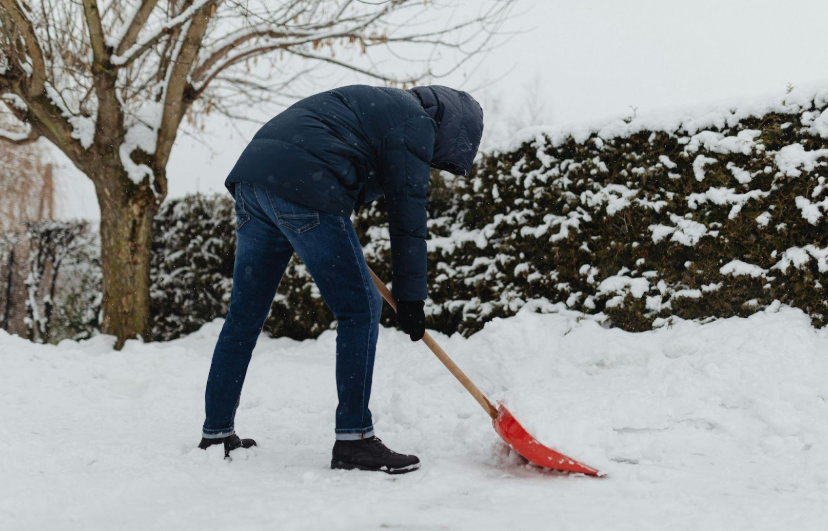


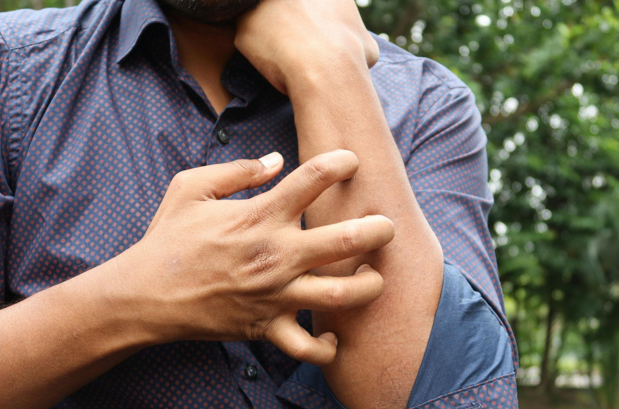
Commack Location
- Mon, Wed
- -
- Tue, Fri
- -
- Thursday
- -
- Saturday
- -
- Sunday
- Closed
Massapequa Location
- Mon, Wed, Thu
- -
- Tuesday
- -
- Friday
- -
- Saturday
- -
- Sunday
- Closed


